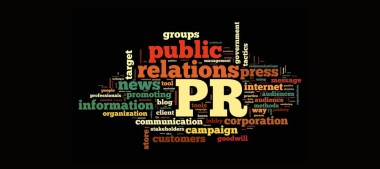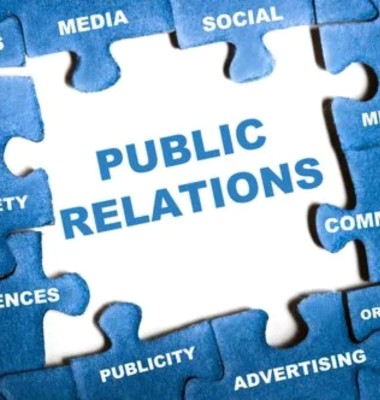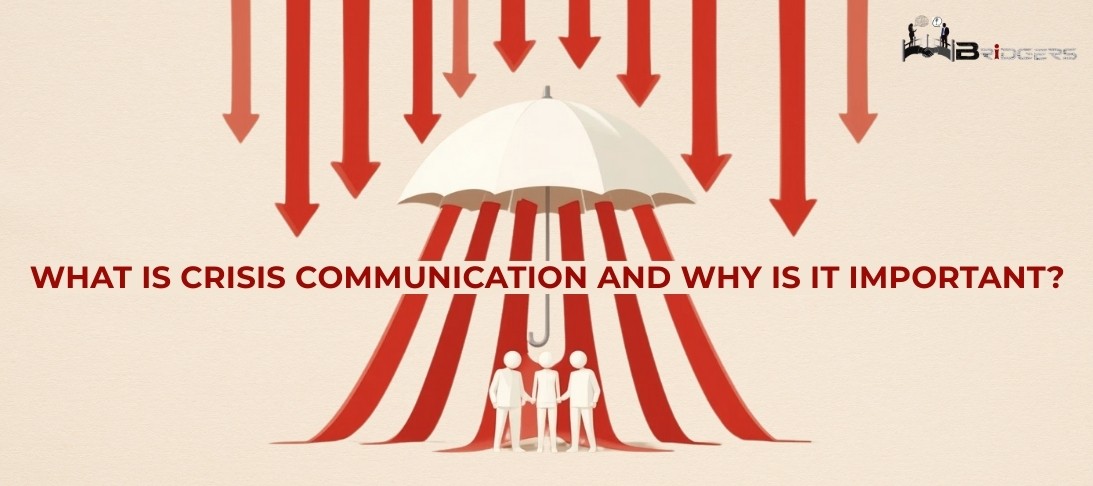
What is crisis communication and why is it important?
Communication crisis is significant in public relations and branding as well. The Forbes 2023 report says that only 49% of US industries are ready with a proper crisis communication plan. It is indicated that a significant percentage of companies are not aware of crisis communication. They don't have resources or a strategy in place to handle a possible crisis.
Many think that a communication crisis can be managed when it arises without preparation. If you are thinking this, unfortunately, you are not on the right track. Without a clear strategy, a business can significantly damage its brand reputation, operations, and finances.
Since public relations has a crucial role in brand communication, let’s take a look at the fundamentals of crisis communication, why crisis communication matters, how crisis communication helps a business, and more.
What is Crisis Communication?
In the public relations field, a crisis is any matter that creates a threat to a brand or organization's operations or reputation, such as negative media relations, data breaches, or scandals. Crisis communication is the process by which PR teams can detect early signs of crisis and manage to protect the brand reputation from any negative impact. They act to maintain trust, handle media during a crisis, and ensure that businesses can communicate with the audience perfectly in tough situations.
However, the PR team is not only responsible for all activities related to crisis management, but they can also play a consultative role and act as experts who can assist with overall coordination.
Types of Crisis Communication
How to handle crisis communication? To get to know the answer to this question, we should first explain different types of crisis communication. It is based on the nature and timing of the crisis. The following are: Pre-Crisis Communication
It builds before the crisis. It is all about analyzing the possible crisis, forming a crisis committee, and crisis strategy. All types of businesses must respond quickly and take necessary steps.
Reactive Crisis Communication
When a certain event is not expected to occur, reactive crisis communication comes into place. In this situation, the PR team analyses the problem, communicates with stakeholders with the right information, and maintains the reputation of the brand.
Post Crisis Communication
Once the crisis has passed, it's important to reconnect with stakeholders, assess what was handled effectively or not, and refine future strategies. This demonstrates the company's accountability and helps strengthen relationships. Industry Specific Crisis Communication
Every industry is different from the others. Here, effective communication is crucial for business operations and certain risks, so that responses can act as a problem solver.
Every type of crisis communication is important to take as an experience that helps you to take a look at where the actual problem lies. The way the company responds and makes decisions during high stake times can either damage or preserve public trust. Being honest and accepting of the situation. It shows transparency and a strong relationship with the public. Ultimately, people will notice how you are taking the situation for future improvement rather than issue fixing ability.
Why Crisis Communication is Important?
Crisis communication in public relations is one of the crucial parts. Business communication during certain high risk situations without losing business operation, public relations, and reputation is an important fact that can’t be ignored. Timely communication and giving clear information via social media, email, or direct communication channels keep everyone calm and informed. When everything is managed well, a crisis is not only prevented or handled, but it also shows the crisis management process of the brand and its relationship with stakeholders.
Are Crisis Management and Crisis Communication Similar?
While crisis management and crisis communication are often used interchangeably, they are not the same. However, they closely placed each other. Both are critical in protecting an organization during turbulent times, but the difference is their responsibilities and roles.
Crisis management refers to the broader process of strategic response to a crisis situation. It involves identifying the risk, coordinating concern teams, making operational decisions to control damage to the business. Crisis management can manage all aspects of the situation such as safety protocols, legal action, customer service responses, and operational adjustments.
On the other hand, crisis communication is a part of crisis management. It works specifically on the messaging or communication—who is said, what and how it's said, when it's said, and to whom. The focus is to maintain trust, respond accurately, timely information to the media, public, employees, and other stakeholders.
Moreover, consider crisis management as the overall strategy and crisis communication as the voice of that strategy. These two procedures depend on each other. One cannot succeed without the other. While crisis management handles the logistics, crisis communication ensures transparency and protects the brand's reputation. Together, they form a cohesive communication process that not only mitigates damage but can also enhance credibility in the long run.
The Role of PR in Crisis Communication
How does crisis communication help a business?- Here is the answer. When you understand the role of PR in crisis communication, you can acknowledge how crisis communication helps a business. So, here we go:
Shaping Public Perception
When a business faces a crisis or high risk situation, public perception can shift rapidly. Here, strong public relations takes place in guiding and managing that perception by sharing accurate updates, addressing concerns, and remaining transparent. It’s essential to have a clear action plan in place, with key factual messages communicated promptly and adapted as the situation develops.
Keeping trust is another role of PR in crisis communication. PR comes up with a strategy on how to maintain trust between the brand and the public. They identify the core value of the brand and connect the brand with the public to get the best solution for keeping trust.
3. Controlling Communication
During a crisis, misinformation and rumours can circulate quickly. A PR agency plays a crucial role in managing communication channels with accurate information. This helps stop the spread of false narratives that could further harm the business's reputation.
4. Compliance and Risk Management
Crises can come with legal challenges. PR professionals collaborate closely with legal teams to ensure that all communications are in line with legal standards and compliance requirements. This coordination helps minimize probable legal risks while supporting the organization's credibility and trustworthiness throughout the crisis.
5. Protecting Brand Reputation
A crisis can leave a lasting mark on an organization’s reputation. Public relations works on crafting and executing strategies to protect a reputation. This goes beyond managing the immediate fallout—it requires a forward-looking approach that considers the long-term effects on public perception. Rebuilding trust must be integrated into future brand-building efforts and the business’s overall strategic direction.
Be Prepared: The Key to Crisis Communication Strategy
What makes a good crisis communication strategy? There are a few key components that you should consider for a crisis communication strategy.
Identify Risk
This is the first step that you should consider before building a communication strategy. Build a risk assessment team to point out risks that affect the business.
Identify the Team of Crisis Communication
Identify team players who have the potential to work in the crisis period. They will handle all aspects of crisis communication.
Form Communication Channel
The second thing is to build a crisis communication team. They will work dedicatedly during a crisis period. From communicating, press releases, social media, email, media outlets, to media outreach and more.
Craft Clear Messages
One of the most important parts is crafting messages. After understanding risk, brand values, craft a set of messages that will align perfectly with the brand voice and strongly communicate with the public.
Train Spokespeople and Use the Communication Toolkit
With the help of different toolkits like contact lists, FAQs, social media guidelines, message templates, and trained spokespeople who are responsible for building crisis communication.
What are the 5 C's of Crisis Communication?
The 5 C’s of crisis communication are very handy and helpful rules that start with the letter C. With the help of this, you can handle a crisis efficiently.
“Concern – Acknowledge the problem and show empathy for those affected.
Commitment – Demonstrate a strong resolve to address the issue.
Competency – Provide solutions and demonstrate expertise in handling the situation.
Clarity – Communicate in a straightforward, concise manner.
Confidence – Show leadership and assurance in managing the crisis.”
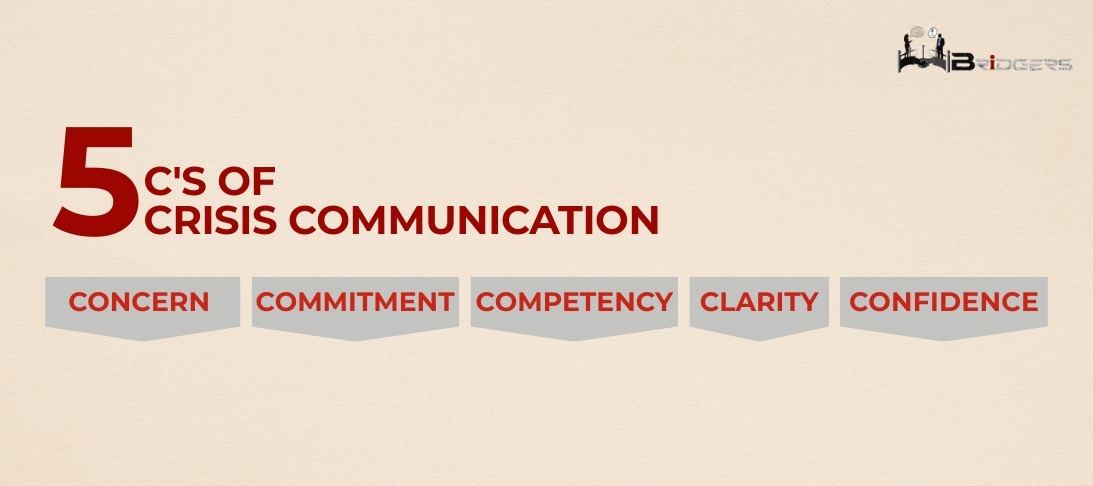
Final Thoughts
Keep calm and think strategically! Whenever a business faces a crisis, take it in stride of the process and focus on the solution. In that way, hopefully, you will get the solution and keep the business trust for a long time.
On this note, Bridgers, a public relations agency, is here to help you out. For crisis management, crisis communication, or improving the channel of communication, you can reach out to us through a simple at info@bridgers.in or a simple call at +91 9905384494. We build a communication bridge between the brand and the public. Let’s connect!
Related Articles

Don’t miss your unique chance to get your hands on our free PR calendar 2025!
08 January 2025 / Admin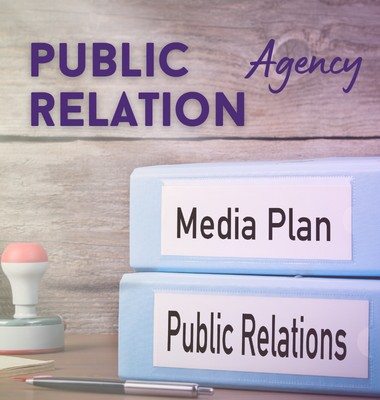
Unveiling the Secrets: How a Top PR Agency in Delhi Can Catapult Your Brand to Success!
18 May 2024 / Admin
How To Build Relationships With Journalists And Media Outlets
14 February 2024 / Admin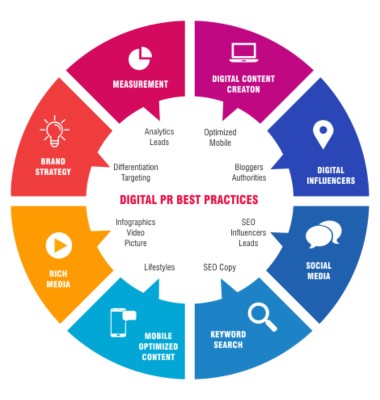
Tips To Create Winning PR Strategy For Tech Startups
05 December 2023 / Admin
AI and Automation in PR: how artificial intelligence and automation are transforming PR tasks, from media monitoring to content creation.
27 October 2023 / AdminMost Popular Blogs


PR for Small Businesses: Tips and Strategies


Top 10 Digital Marketing Trends for 2025

